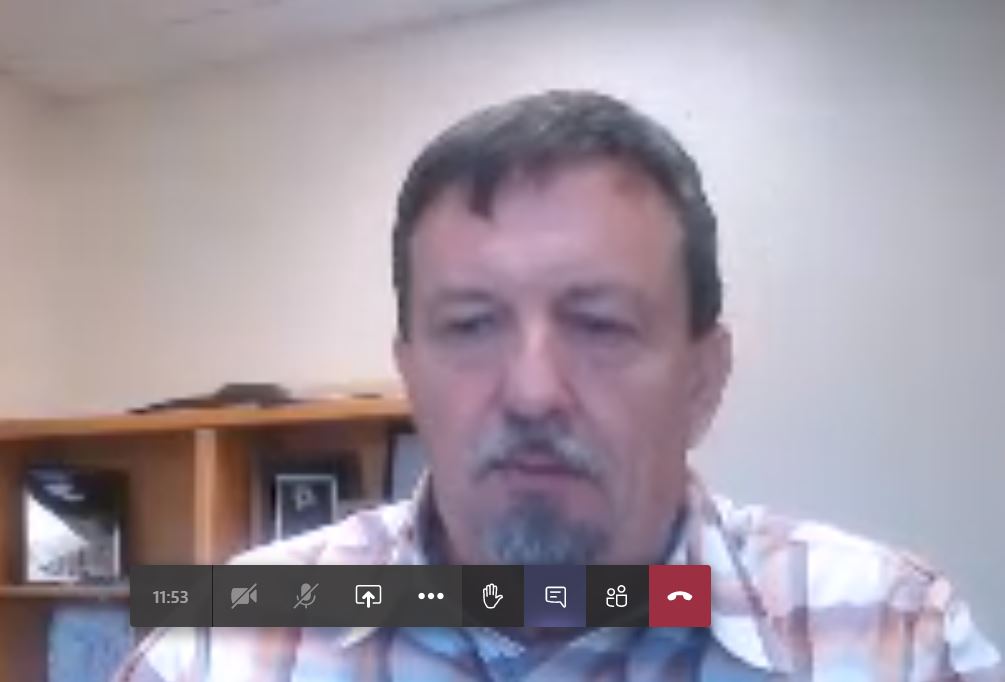Tribal Government & News
Tribe co-chairs state-Tribal Natural Resources Work Group

By Dean Rhodes
Smoke Signals editor
The Confederated Tribes of Grand Ronde for the first time ever virtually co-chaired the government-to-government Natural Resources Work Group on Thursday, Oct. 22.
Natural Resources Department Manager Michael Wilson and Oregon Watershed Enhancement Board Effectiveness Monitoring Coordinator and Tribal Liaison Ken Fetcho co-chaired the meeting via the Microsoft Teams teleconferencing program.
It was the second virtual meeting of 2020 since the March in-person meeting was canceled when the COVID-19 pandemic arrived in Oregon.
“We were unable to pivot quickly enough to go to a virtual meeting,” Fetcho said.
The work group was founded after Gov. John Kitzhaber signed a 1996 executive order that directed state agencies to develop working relationships with Oregon’s nine federally recognized Tribes. It usually meets three times annually.
Besides Natural Resources, the state created work groups that deal with Health and Human Resources, Economic Development and Community Services, Public Safety, Education and Cultural Resources.
“It is recognized that the Natural Resources Work Group is a powerful communication tool for achieving Tribal-state collaboration and cooperation in carrying out the respective responsibilities for natural resource protection and management,” states the work group’s purpose statement.
The group works to enhance effective communication between state agencies and Tribal governments, satisfy training and education needs, further Tribal-state agency coordination and consultation, and works in good faith to identify problems of mutual concern and engage in problem-solving activities to resolve any issues.
Members represent several state departments, such as Agriculture, Energy, Environmental Quality, Fish & Wildlife, Forestry, Land Conservation and Development, Lands and Water Resources.
All nine federally recognized Tribes in Oregon can appoint a voluntary representative and other participants represent the Legislative Commission on Indian Affairs, Governor’s Natural Resource Office, Department of Justice and the Oregon Watershed Enhancement Board.
Wilson, who has been the Tribe’s Natural Resources Department manager since 2007, has been the co-chair of the work group since 2018. As co-chair, one of Wilson’s mandated responsibilities is to obtain a group consensus on topics and issues.
Overall, the work group also is mandated to promote effective communication, encourage and promote education and training opportunities and achieve Tribal-agency working relationships.
The four-hour Oct. 22 meeting had almost 40 attendees and featured presentations regarding winter steelhead acclimation efforts on Canyon Creek by Cow Creek Band of Umpqua Tribal employees, efforts to combat poaching presented by the Oregon Department of Fish & Wildlife and a climate implementation plan from Oregon Department of Energy staff members.
“The Natural Resource Working Group works great to get to know leaders in the state agencies we deal with on a daily basis,” Wilson said. “They can update Tribes on upcoming opportunities and proposals where we may have interests and we can give them feedback on areas where Tribes need more information or involvement.”
